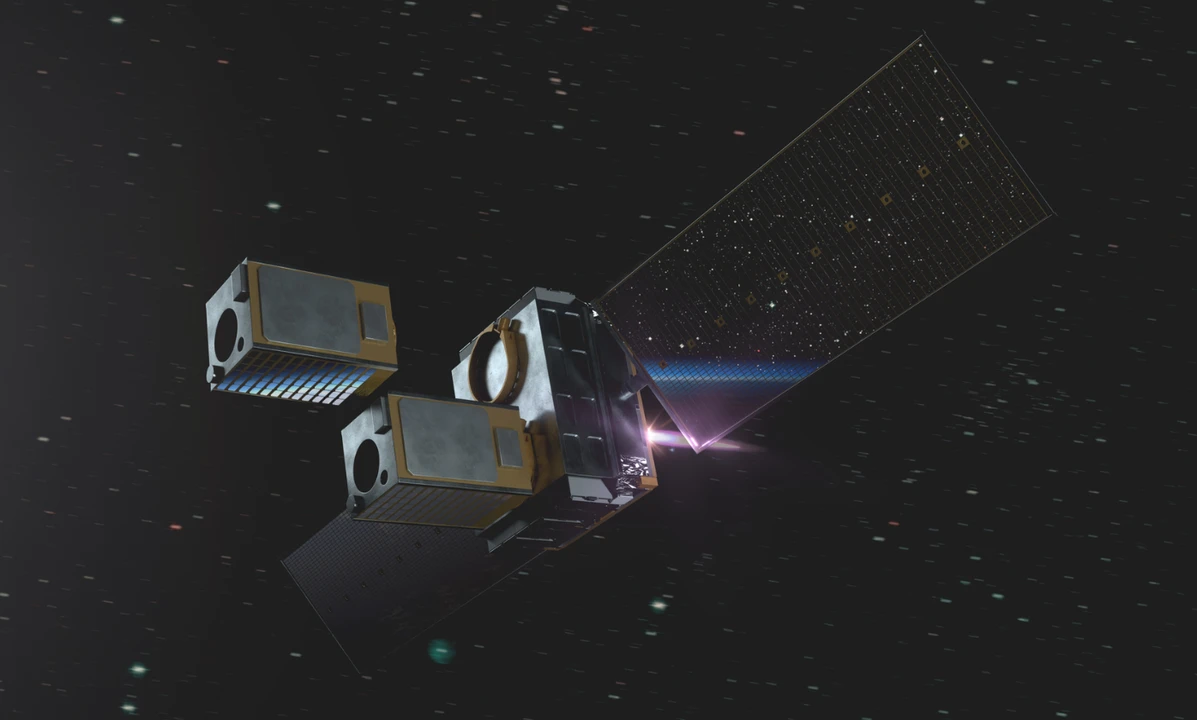Erdogan warns Sweden and Finland to ‘fulfill’ duties under NATO deal
There was no immediate response by Sweden to his comments. Sweden’s prime minister had previously said that the country would follow international and local laws in evaluating extradition requests and would not extradite Swedish citizens.
The deal among the three countries, which was struck Tuesday, ended a long standoff between Turkey and NATO and was hailed as a victory for transatlantic unity during Russia’s invasion of Ukraine. Turkey’s opposition had centered on complaints that Sweden and Finland were not fit for membership in the alliance because of what Erdogan said was their support for militant groups, including the Kurdistan Workers’ Party, or PKK. As part of the deal, Turkey agreed to support Sweden and Finland’s membership bids, in return for various measures by the two governments recognizing or addressing a long list of Turkish grievances.
The agreement called on Finland and Sweden to “address” Turkey’s deportation or extradition requests “expeditiously and thoroughly” and in accordance with a European Union convention. It made no mention of specific extradition requests.
It also said that the Finnish and Swedish governments should shut down finance and recruitment networks associated with the PKK.
Erdogan’s comments Thursday suggested that the tensions could continue beyond the summit, as Turkey’s government continues to seek ways to extract concessions from Western allies, including the United States. For Sweden’s and Finland’s ascension into NATO, all current member states must approve of the move, with many requiring legislative approval.
“Sweden and Finland, they have to fulfill their duties, as it states in the text,” Erdogan said. “And after they fulfill their duties what will we do? We will send this to our parliament. But if this is not fulfilled then it is not possible to send this to our parliament.
“We expect genuine solidarity from our allies, not just in words but in actions,” he added, referring to Finland and Sweden.
But even as Erdogan’s supporters cheered his bullish diplomacy, some analysts said that in reality, the Turkish leader won few concrete concessions from the West.
On a call with reporters this week, a senior U.S. administration official said that Turkey did not ask the United States for any specific allowances as part of the deal. President Biden on Thursday also denied that his administration’s support for the potential sale of U.S. F-16 fighter jets to Turkey, which needs congressional approval, was a quid pro quo for Ankara backing NATO membership for Finland and Sweden.
Still, facing a growing economic crisis and low approval ratings at home, Erdogan may have simply been seeking to rally his domestic political base.
Pro-government media in Turkey seized on the deal as a historic win for Ankara, lauding Erdogan for his “decisiveness” and “vision” in bringing Turkish concerns to the world stage.
“Turkey hit the table with [its] fist! Europe has come to its knees,” read one headline this week in the pro-government Yeni Akit newspaper. The Sabah news daily on Thursday also called the trilateral agreement a “diplomatic victory” and said Turkey had sent a “clear message to the world” that it would not tolerate terrorism.
Erdogan “saw an opportunity here with the Ukraine crisis in trying to get some concessions out of NATO’s members to prop up his international image,” said Merve Tahiroglu, Turkey program coordinator at the Project on Middle East Democracy.
“He wanted to prove with this move … that he’s at the table and he’s the type of leader that cannot be ignored — and his demands have to be acknowledged and he has to be engaged with,” she said.
James Ryan, associate director of the Hagop Kevorkian Center for Near Eastern Studies at New York University, said on Twitter that Erdogan and his party are “looking for literally any issue that can distract people from the economy right now.”
Even if the deal is a “geopolitical nothingburger,” any win “plays domestically and costs little,” he said. “This is the strategic thinking behind this whole dog and pony show. It’s worked in the past. Doesn’t mean it will work now.”
Cunningham reported from Washington. Ashley Parker in Madrid and Sammy Westfall in Washington contributed to this report.




